THERE hasn't been much basking in the glory of the 2013 premiership for Hawthorn.
There has already been major change to the playing list with Max Bailey, Michael Osborne and Brent Guerra all retired, Lance Franklin a free agency departure to the Sydney and Shane Savage to St Kilda.
The off-field departures are headlined by Jason Dunstall and Geoff Harris who are both finishing up as board members and both exits are significant.
Dunstall and Harris have served their mandatory maximum nine years on the board and, as dictated by the club's constitution in a change made by former president Jeff Kennett, the pair are required to vacate their seats.
Dunstall's contribution to Hawthorn since his retirement has been nearly as significant as when he was a player. He took over as interim chief executive during the disastrous 2004 season when, coming off the 'line in the sand' episode, the club was at its lowest ebb.
He made the brave call not to consider premiership teammates Gary Ayres, Rodney Eade and Terry Wallace for the vacant coaching position, instead choosing the unknown Port Adelaide assistant Alastair Clarkson for the job.
He also backed Clarkson early on when he radically overhauled the playing list, making decisions that were unpopular at the time such as releasing Nathan Thompson to North Melbourne and delisting the popular and venerable defender Mark Graham.
And he deftly used his various media platforms to defend Clarkson during the difficult 2005 and 2006 seasons when the coach was being hammered in all quarters for clearly being more concerned with player development and experimentation than any win-loss record.
Dunstall remained the key football powerbroker behind the scenes ever since and more importantly was still the one who could keep the brilliant, but occasionally tempestuous, Clarkson in line.
Hawk president Andrew Newbold told AFL.com.au this week that Dunstall's "independence and strength of character" came to fore in his time as a Hawthorn board member.
"There's not too many others who live and breathe football like he does.
"That brings itself strength of character and self- confidence that is necessary for the role," said Newbold adding that the relationship between Dunstall and Clarkson was so strong because of the mutual respect they held for each other.
The president also said it would be unfair to laud Dunstall without mentioning the contribution made by Harris.
"He was clearly the main instigator behind our relationship with Kokoda and the four values it has brought to our club – mateship, courage, sacrifice and endurance."
Every two years, the Hawks send their young players to trek Kokoda for a week.
"And he also pushed the concept of innovation at Hawthorn and was at the forefront of that at the footy club," Newbold said.
Knowing for some time that Harris and Dunstall would be stepping aside has allowed the Hawks to take their time to carefully find their replacements.
The new football director has already been identified by the Hawks and will be named before the annual general meeting later this year.
Newbold refused to confirm his identity but one contender could be Andrew Gowers, the 1991 premiership wingman who played 89 games for the Hawks between 1988 and 1994, before heading to Brisbane for another 51 games for the Bears and Lions.
Gowers is a business consultant and his LinkedIn profile suggests he is arriving at Hawthorn at the right time because it lists his specialty as "succession planning".
Another in the frame could be Richard Loveridge, the 1986 premiership rover, successful lawyer and long-time AFL Tribunal member.
According to Newbold, the immediate aftermath of the premiership is exactly the right time for the club to replenish and regenerate.
"Part of our challenge is to constantly get better. That’s a discipline and challenge we embrace fully as a club and lies at the core of everything we stand for," he said.


